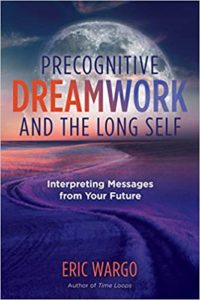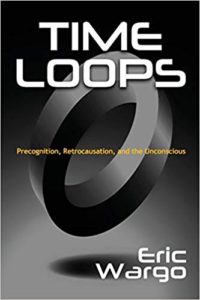The Experiment
I was walking to Whole Foods to get lettuce, and just after I rounded the corner onto P Street I saw some bills on the ground: $12. My first thought was that it was a practical joke: a couple of those fake bills you put on the ground to seduce and disappoint passersby. So I didn’t bend down immediately to pick it up. I looked around: the usual mix of pedestrians and homeless people—no one looking my way.
As it became clear that the bills were real and not fake, my impulse was to walk on, and I started to—because, you know, there are all these homeless people around, and they need the money more than I do. But I stopped myself: There was no guarantee that a homeless person would find this money. More likely the next shopper or businessman coming down the street would find and pocket the money. And of course: How ridiculous to pass by real money—$12—lying on the sidewalk.
So I picked it up. Not without a self-conscious prickling all over my skin. Because money makes me feel guilty—especially when I clearly have not earned it. Even money that I have earned, I still feel deep down that I don’t deserve it.
I handled the bills gingerly. My immediate thought as I did this was that this was indeed some sort of trick, bills sneezed upon or deliberately infected with some virus by a sadistic prankster—like the way the Native Americans were exterminated with smallpox-infected blankets. The fate of Native Americans was somehow entwined with my own, as I hurried on toward Whole Foods in a slightly guilty but also giddy cold sweat. How often do you find a large bill (I consider anything over a “fiver” a “large bill”) just laying on the ground? What a windfall! The karmic compensation for such a windfall was the illness I would probably contract from the germs all over it. It did feel kind of damp.
And here—in reality about 10 seconds after first seeing the bills lying there—my mind finally hit on the final and lasting interpretation of what was going on. This was not a random prank. It was a psychological experiment. My behavior—my hesitation, my nervous look around, my calm taking of the money—was being observed, perhaps timed, by a grad student hidden nearby. I was probably like the tenth unwitting “participant” this morning to come upon $12 lying on the sidewalk, whose behavior was recorded. Suddenly everyone around me became probably confederates in the experiment: The black man coming toward me—was he going to ask me for the money he had just dropped or ask me if I had seen it, to test my honesty? The homeless person sitting against the wall holding out a cup suddenly seemed like part of the experiment too. He was probably the professor in charge of the whole thing.
So I went over to the homeless man/professor and pulled a one out of my pocket and put it in his cup. As I did so, the other one fell out onto the ground, and the homeless man joked about it, and I put that one in too. It would be stingy to suddenly reveal a second one without giving it to him. I kept the tenner for myself. The homeless man thanked me kindly as I headed toward the Whole Foods.
This action seemed the most rational. If my behavior were being observed, I would not appear purely greedy by pocketing the whole thing. Yet if my behavior were not being observed, I would not have just given up my little lucky windfall out of irrational paranoia and self-destructive neurotic guilt about money. I felt good: I had made the right choice.
My groceries came to eight dollars and change. I paid with the ten, to be rid of its deadly germs as soon as possible.



